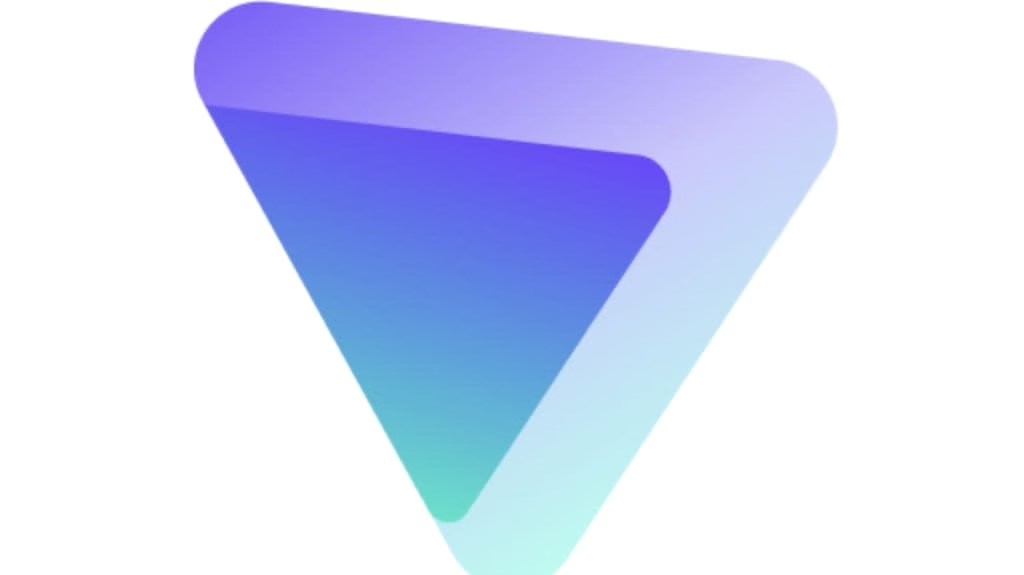As with any overly marketed products, the claims around virtual private networks (VPNs) can be fishy. Phrases like “military-grade encryption” or “total anonymity” aren’t verifiable, and certainly won’t help you decide which services suit your browsing needs best. As more of these companies embrace influencer marketing to sell their products, the obscure lingo has only grown, making it a confusing field to navigate, despite VPNs’ importance for online security.
We tested nine of the most popular VPN services available now to come up with our top picks, and lay out what you should know before paying for one. Our top pick remains ProtonVPN thanks to its easy-to-use interface, no-logs policy and open-source framework. While we think that’s the best VPN for most people, there are other good options you can consider, too.
Table of contents
Best VPNs of 2024
Simultaneous connections: 10 | Number of devices: 10 | Platforms: Windows, Mac, Android, iOS, and Linux | Browser extensions: Chrome, Firefox | Dedicated IP addresses: Yes, for business users only | Trial/Money-back guarantee: None/30-day money-back guarantee
Read our full ProtonVPN review
The VPNs we tried out ranked pretty consistently across all of our tests, but ProtonVPN stood out as a strong option because of its overall security, usability and privacy features. The Proton Technologies suite of services includes mail, calendar, drive and a VPN known for its end-to-end encryption. This makes it a strong contender for overall security, but its VPN specifically came across as a well-rounded independent service.
ProtonVPN’s no-logs policy has passed audits, and the company has proven not to comply with law enforcement requests. Because it is based in Switzerland, there are no forced logging obligations, according to the company, making it a secure VPN option. Plus, it’s based on an open-source framework, and has an official vulnerability disclosure program along with clear definitions on what it does with personal information.
While ProtonVPN offers a free version, it’s limited compared to other options, with access to server networks in just three countries. Its paid version, starting at about $5.39 per month, includes access to VPN server locations in more than 65 countries on 10 devices at a time. While we wouldn’t consider it a cheap VPN, it’s a relatively affordable price for basic protection. For dedicated Proton Technologies users, they can pay closer to $8.63 for a monthly…

